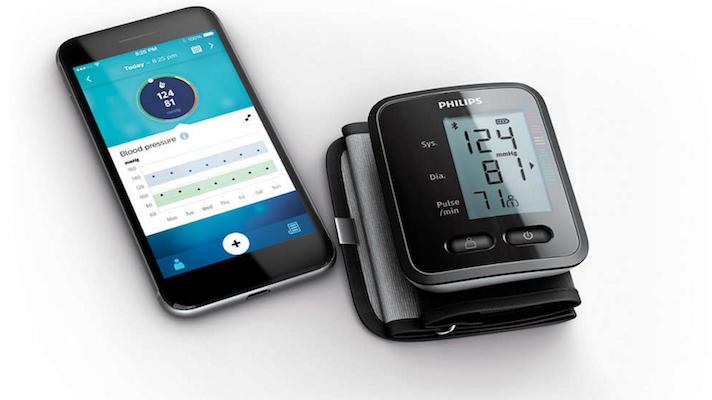Not all blood pressure monitors are created equal, it seems. New research from Italy suggests that at-home, wrist blood pressure cuffs can be inaccurate if not done exactly right, leading to false reports of elevated blood pressure at home when compared to measurements taken in a doctor’s office.
The problem, it seems, may be in patient’s ability to get just the right positioning of the wrist, the researchers described in an article recently published in Hypertension Journal. The researchers trained 720 patients to use wrist devices, and then measured blood pressure at their home and in the doctor’s office with both a wrist monitor and upper arm device. The patients were then instructed to take measurements with both devices at home every morning and evening for a week.

A large percentage of the patients – 620 of them – took inaccurate measurements at home, with 433 of them off by 10 mm/hg.
Lead author Dr. Edoardo Casiglia, a clinical hypertension specialist at the University of Padua, Italy, told Reuters the only way to monitor blood pressure consistently is to trust patients to measure at home. But they found many patients are resting the wrist device below heart level, which gives falsely high numbers and could encourage a doctor to unnecessarily increase medication.
“Many devices are available, reliable and good,” Casiglia told Reuters. “Recently, many wrist devices have appeared on the market, but they require the wrist to be placed exactly at heart level.”
The researchers concluded that the use of wrist devices for home self-measurement leads to “frequent detection of falsely elevated blood pressure values,” and attributed this to patients' poor memory and rendition of instructions.
“Even after a training course, we found that choosing correct wrist position largely depends on cognitive pattern, which can be influenced by age and education,” Casiglia said to Reuters. “This is why the wrist devices are not good for everybody.”
